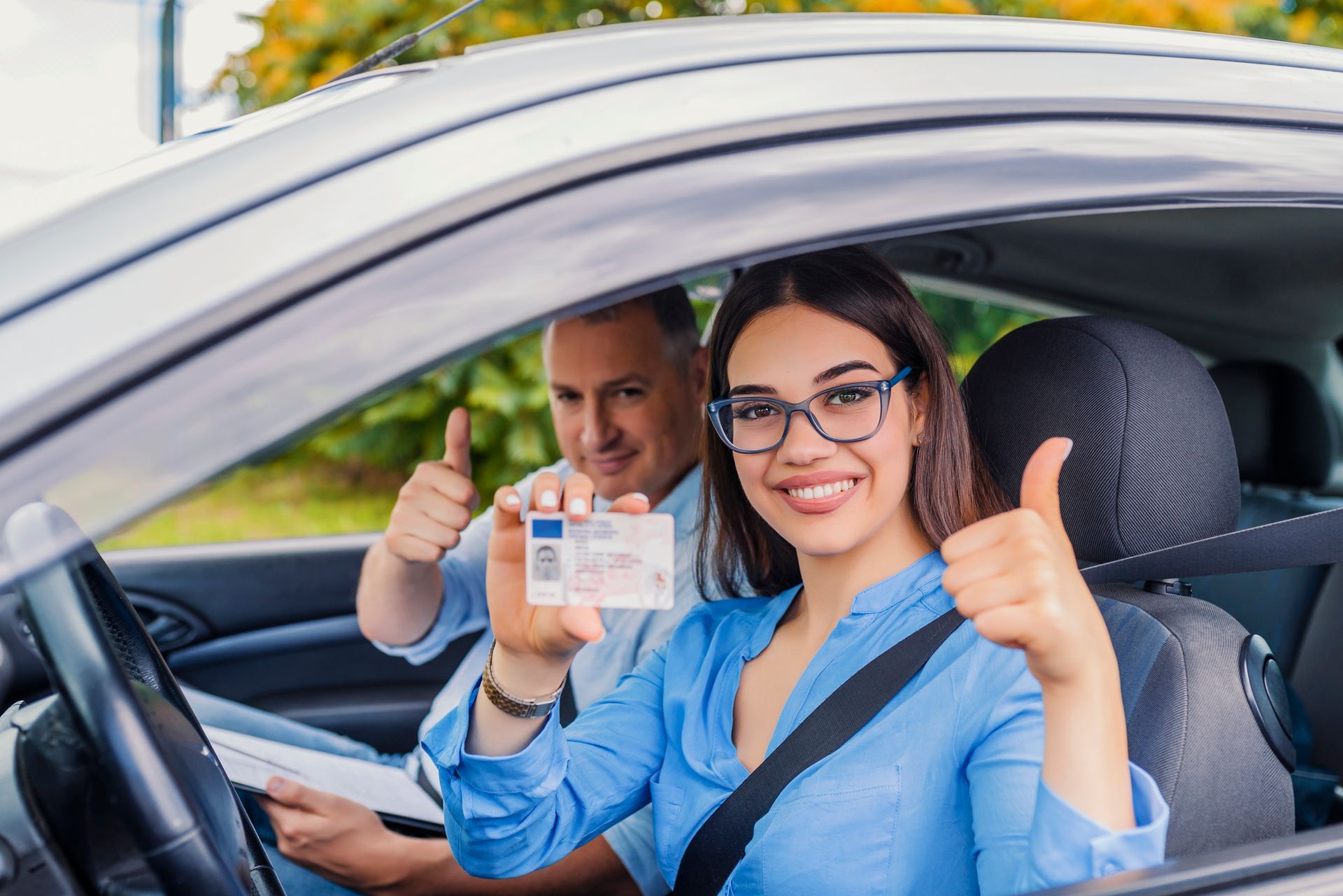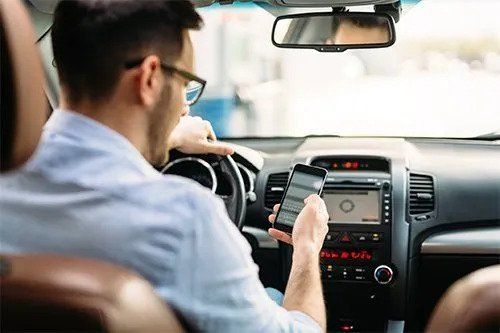Distracted driving is one of the leading causes of accidents in the United States. According to the Centers for Disease Control, distracted driving accounts for over 1,000 accidents and about nine deaths per day.
Whether you're new behind the wheel or have been driving for decades, avoid these common distracting habits to help keep yourself and others safer on the road.
USING A PHONE WITHOUT A HANDS-FREE DEVICE
Most areas now have laws against using a phone without a hands-free device while you're driving, but this remains one of the most prevalent and dangerous distractions. A study by the National Highway Traffic Safety Administration found that 660,000 drivers in the U.S. are using a phone or other device at any given moment in the day.
Moreover, this problem is only getting worse as phones become more advanced and able to perform more tasks. In one survey, drivers admitted to using phones for:
- Texting
- Taking pictures
- Browsing social media platforms
- Watching videos and/or shows
- Video chatting
No longer is talking with your hands on a phone - or even texting - all that drivers are doing. In some cases, there's almost no difference in how people use their phones in the car and elsewhere.
Allowing for legally permitted phone use via a hands-free device or in-car platform, you shouldn't use a phone for any other purpose while you're behind the wheel. Even passively watching something takes your eyes off the road long enough to lead to a potential accident. If something truly important comes up, you can pull over in a safe place and give the matter your attention.
DRINKING AND EATING
Perhaps the only habit more common than using a phone while driving is eating while driving. A separate survey found that 83 percent of people will to drink a beverage and drive, and 70 percent will eat and drive.
Even though most drivers engage in this behavior, drinking and eating while driving is extremely dangerous. The habits increase the likelihood of an accident by 80 percent, and they account for the majority of near-crash incidents.
To be as safe as possible on the road, try not to drink and eat while you're driving. There's certainly no law that requires you to skip the drive-thru for a dine-in meal, but taking a few extra moments to enjoy some food at a table could help prevent a costly collision.
ARGUING CHILDREN IN THE BACK SEAT
For parents or anyone else who drives with children, backseat arguments can be one of the most problematic distractions. Parents often want to address arguments when they arise, but doing so requires diverting some attention away from the road. Additionally, arguments are often impossible to escape because you can't turn children off like you can with a phone.
Whenever a backseat argument arises, train yourself to keep your focus on the road. Whatever the fight is about, it's almost certainly not as important as a truck that veers into your lane or a deer that jumps into the road.
If you do need to intervene, pull over when you can do so safely, and then give the children your full attention.
DAYDREAMING
Although a seemingly benign activity, daydreaming is actually a form of distracted driving. No matter what you're thinking about, daydreaming takes your mind off the task at hand - safely navigating the roadway. If you fail to notice something or don't see an obstacle in time, the consequences could be serious.
Unlike texting or eating, you can't stop daydreaming by just putting something down. You need to actively engage yourself in the habit of regularly concentrating on the road ahead.
To learn more about safe defensive driving,
enroll online in a class at Taggart's Driving School.











